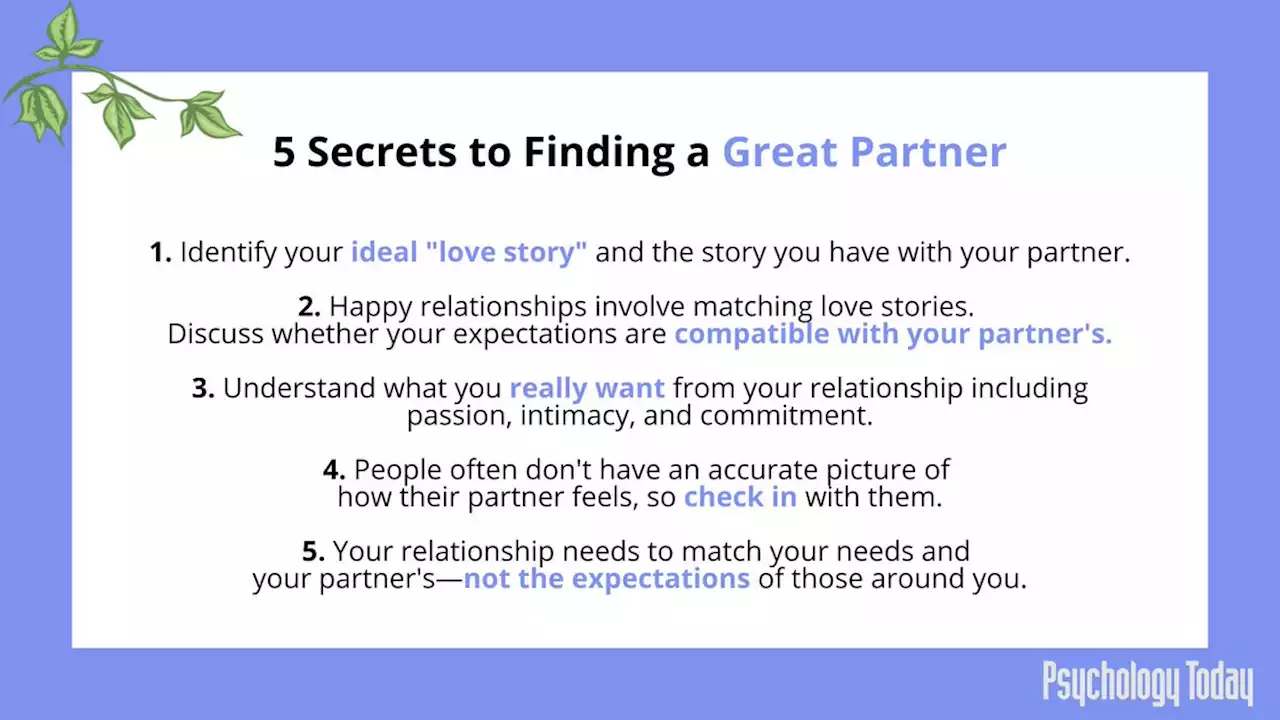There’s more to compatibility than variables like age, religion, culture, hobbies, attitudes, and beliefs. Here are some things to keep in mind when you're looking for a strong partnership.
And yet, if Katie and Tom had been looking for a partner through a matching company, they would have been pretty much a perfect match for each other. But something didn’t go right.
What is it that Katie and Tom, and so many others, are missing? Why do our “perfect matches” often turn out to be less than perfect or downright disappointing?In our research, we’ve found that there’s much more to true compatibility than variables like age, religion, culture, hobbies, attitudes, and beliefs. Part of the issue is that there’s a lot we do not know about ourselves, and not knowing ourselves sometimes gets in the way of successful relationships.
Everybody has a set of love stories, that is, a set of ideas, beliefs, and preconceptions about what a relationship should be like, how to behave in a relationship, and what the ideal partner should be like. But—we’re not consciously aware of our love stories. So if you want to find someone who’s a truly good match for you, here are five keys that you need to keep in mind:You have love stories in your mind that determine which potential partners you’re interested in and that shape your expectation of what a relationship should be like, how you should behave in a relationship, how you should interpret your partner’s actions, how you should interact with your partner, and so on.
Your love stories represent the essence of your life—the relationships of family members, neighbors, and friends you have observed since you were a child, your own experiences with other people, the stories you have read in books and watched in movies.If you’d like to learn more about the kinds ofObviously, you’re not the only one with love stories; everybody else has them as well. But there are stories that tend to work better and others that are maladaptive.
